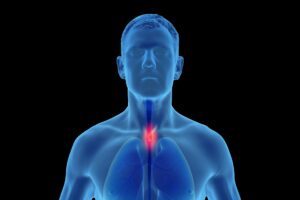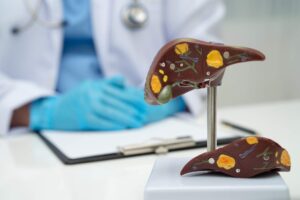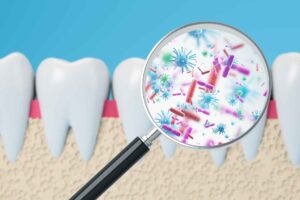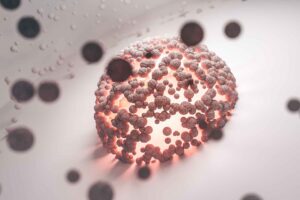Text
Scientific research
Nutrient competition provides a predictive framework to anticipate and potentially mitigate drug side effects on the gut microbiota.
Endocrinology
The interaction between gut microbes, the amino acid leucine and sIL-6R determines a person’s responsiveness to exercise.
Neuroscience
Future studies should have clearly defined hypotheses, adequate sample size, standardized protocols, and replication using multiple independent approaches.
Gastroenterology
Changes in gut bacteria raise a child’s chances of developing IBD later in life, offering clues to why the conditions sometimes runs in families.
Oncology
Certain harmful microbes in the mouth appear to promote cancer development, while others might help protect against it.
Endocrinology
Researchers set up a clinical trial to study how glucocorticoids affected the gut microbiota, metabolism, and immunity in healthy young men.
Gastroenterology
Gut bacteria help protect the liver by breaking down sorbitol, a sugar made from glucose in the gut.
Dentistry
The researchers created a microbial catalog, which they called HROM (human reference oral microbiome), containing 72,641 high-quality genomes from 3,426 species.
Oncology
Diet and gut microbes can shape immune cell function and improve responses to anti-cancer therapy.
Gastroenterology
A gut bacterium, Clostridium steroidoreducens, can chemically modify steroid hormones, including those used to treat IBD.











